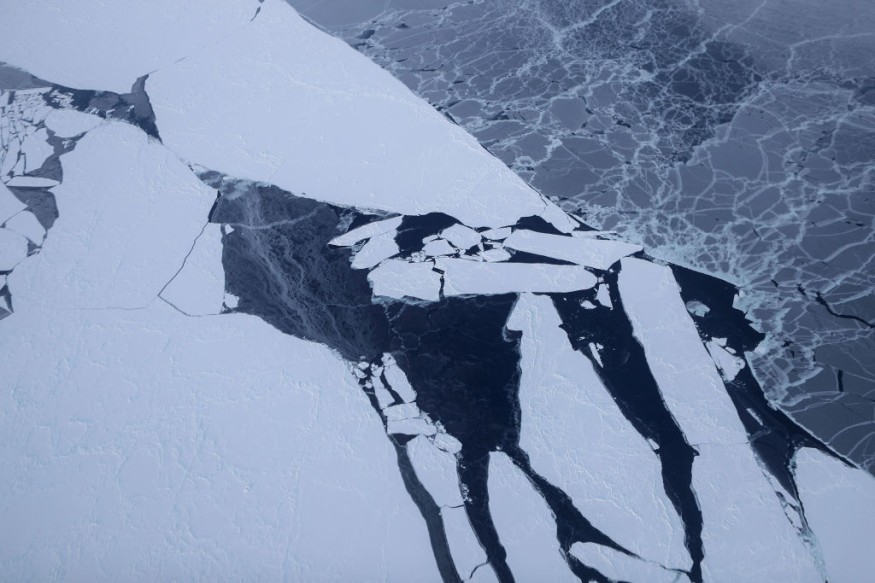
Temperatures rising had been a daily news report all over the world, but there's nothing else as hot as Russia at the moment.
According to Russian climate scientists, the country heats at a faster rate than the world as a whole. While global temperatures in any parts of the world are known to increase rapidly due to climate, NewsWeek reported that Russia has been the warmest in the past seven years.
Head of the Russian Federal Service Igor Shumakov adds that the average temperature in the country has been 1.17 times higher than in the pre-industrial era in recent years, reported by Russian daily newspaper Novye Izvestia.
"It should be noted that 90% of the accumulated heat is stored in the ocean, and the warming rate has shown an increase over the past two decades," said Shumakov.
He includes the number of water-related disasters is on the rise as another factor and a probability exceeds 90% that at least one year in the next five years, it will be warmer than the warmest year 2016.
Heat's Two Main Factors
Climate expert at the Voeikov Main Geophysical Observatory Russia, Vladimir Kattsov, said that Russia is warming 2.5 times faster than the rest of the planet, and it is due to two main factors: land warming and amplified warming in the Arctic region.
"Land is warming faster than the ocean due to differences in heat capacity," said Kattsov.
Arctic, which contains a significant proportion of Russian territory, is warming especially quickly "due to positive feedbacks operating in the climate system at high latitudes-the so-called 'polar amplification' of global warming," he added.
The Arctic amplification causes the area to warm much faster than the rest of the planet. This well-documented phenomenon was believed to be caused by loss of sea ice as it tends to reflect rather than absorb heat from the sun.
Julienne Stroeve, a professor of polar observation and modeling at University College London, said she is unsure whether Russia is indeed warming faster than the rest of the planet, but knowing the country stretches over 53 percent of the Arctic Ocean coastline makes it "very well could be".
Can We Stop Warming?
Kattsov said that the warming trend cannot be reversed in the coming years with the country's vast territory.
In the short-term, we do not have the ability to stop warming in the coming decades, but the second half of the 21st century depends on what we are doing now. This includes low-carbon economy and so on.
It will be especially necessary to adapt and adapt, in fact Russia has a great adaptive potential according to the expert. "We have not only negative consequences, but also positive ones. We cannot say that we are happy that the climate is changing, but it is necessary to use the positive."
For instance, the rise in temperatures has positive impact on the growing season and opportunity to grow more productive crops increase. However, the cons may outweigh this outcome from rising cost pf air conditioning to risks of overheating nuclear reactors.
© 2025 NatureWorldNews.com All rights reserved. Do not reproduce without permission.





